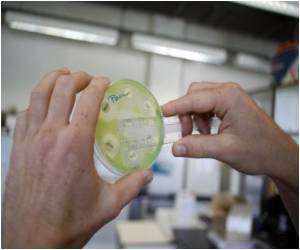Pediatric musculoskeletal infections are evolving and more children are now being diagnosed with resistant forms of the virus today than 10 years ago

There were 148 cases of acute musculoskeletal Staphylococcus aureus infection, including 111 MSSA and 37 MRSA, with the proportion of MRSA cases jumping from 9 percent in 2001 to 29 percent (three-fold) in 2010. The MRSA-infected patients had longer hospital stays (13 days vs. 8 days), multiple surgical procedures (38 percent vs. 15 percent), and higher levels of C-Reactive Protein, the body's acute immune response to injury and infection, (38 percent vs. 15 percent). Complications, including deep vein thrombosis, septic emboli and septic shock, recurrent infection, and/or avascular necrosis, or cell death, were more common in patients with MRSA than MSSA infections (22 percent vs. 6 percent).
"As MRSA infections rise, prompt recognition and aggressive treatment of MRSA musculoskeletal infections are critical to avoiding life-threatening complications, and improving patient outcomes," said lead study author Eric Sarkissian.
"Our findings support prior concern about the increased virulence of MRSA compared to MSSA infections," said Sarkissian. "Optimizing patient outcomes will require increased healthcare provider vigilance, early broad-spectrum antibiotic administration and aggressive surgical management."
Source-Eurekalert










